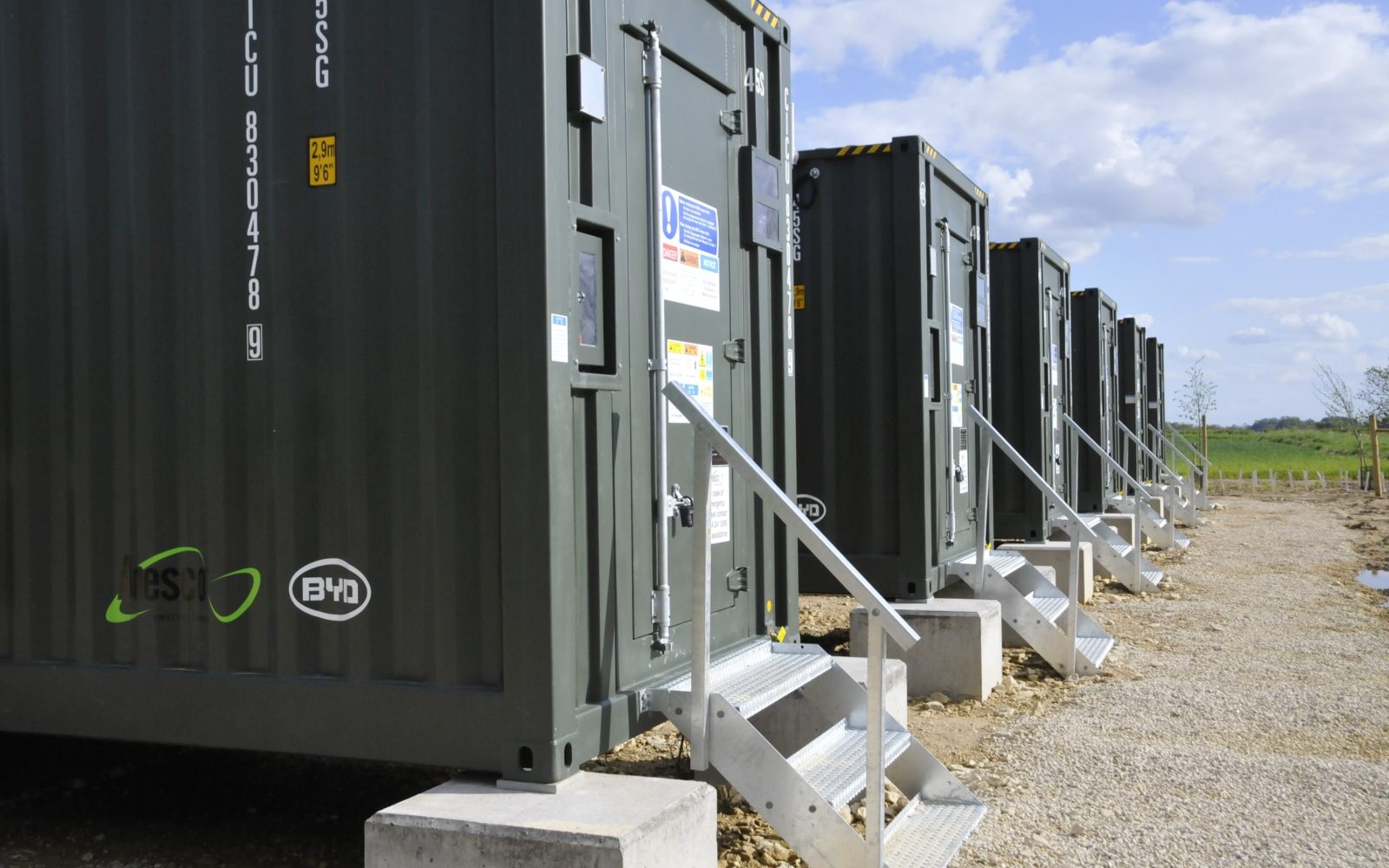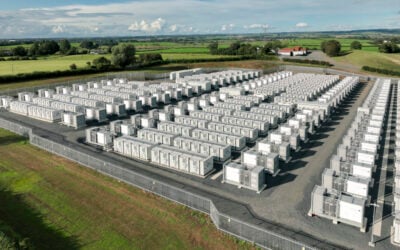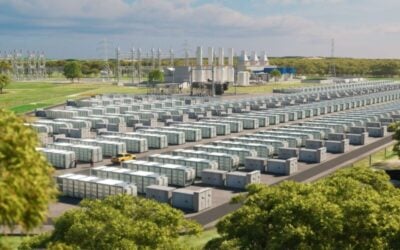
The UK will need significantly more energy storage than first thought to pursue a low cost, net zero energy system, a new study has found.
Launched by the UK’s Energy Systems Catapult (ESC) – a UK government-backed body aimed at accelerating and supporting new energy technologies – the ESC has made the conclusion after the launch of a new modelling tool used to determine the role of storage and flexibility in the decarbonisation of the energy sector.
Modelled against the now defunct target of an 80% reduction in carbon emissions by 2050, the UK’s net zero target is now more ambitious, the ESC has concluded that the UK would need around 1,400GWh of electric and thermal storage to deliver such decarbonisation.
However, the base scenario tested suggested interconnectors and Micro CHP capacity in 2030 will replace the need for short term electricity storage provided by batteries in the 2020s. It also found electric vehicles with managed charging will reduce the need for additional flexibility in the electricity sector.
Try Premium for just $1
- Full premium access for the first month at only $1
- Converts to an annual rate after 30 days unless cancelled
- Cancel anytime during the trial period
Premium Benefits
- Expert industry analysis and interviews
- Digital access to PV Tech Power journal
- Exclusive event discounts
Or get the full Premium subscription right away
Or continue reading this article for free
In its second scenario, where carbon capture and storage is unavailable, electricity storage capacities double to 150GW and an additional 28GW of hot water storage capacity is required in the heat sector by 2050. In this scenario, although the total capacity of electricity storage technologies increase, proportionally the greatest increase is for shorter duration batteries.
However, these are only initial findings requiring further investigation, with additional plans to run the model according to the net zero target.
The Storage and Flexibility Model (SFM) is capable of representing future grid scenarios at a second-by-second level and works across multiple seasons, vectors, network levels and geographic regions.
It was commissioned by the Energy Technologies Institute and developed by Baringa.
The insights from the model are applicable to a range of use cases, including long-term capacity planning, assessing the value of specific storage technologies and identifying the system service requirements of future energy systems.
The model is on offer to any organisation in the sector. It explores a range of questions such as the scale of the different future service requirements, the value of various forms of storage and flexibility, the effect of key drivers of uncertainty on the role of storage and what that role might be.
Alex Buckman, networks and energy storage practice manager at Energy Systems Catapult, said the SFM fills a “crucial” space in the current modelling landscape.
“Without a deeper understanding of how these technologies could help in balancing energy networks, we will at best end up with a system that costs more than it needs to and at worst one that fails to manage supply and demand,” he continued.





